Safe Engine Tuning: Balancing Power and Daily Performance
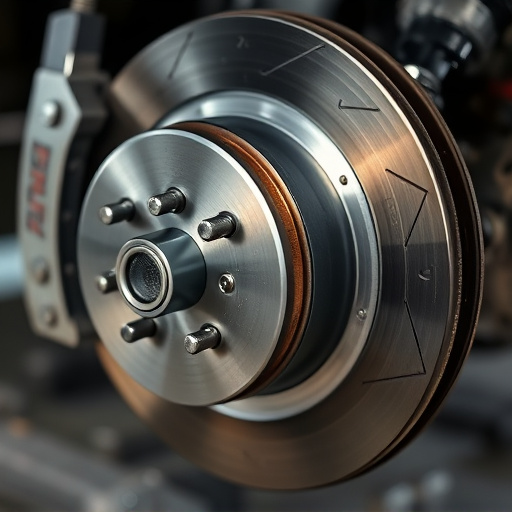
Engine tuning for daily driving seeks a balance between enhancing performance and preserving safety……..
Engine tuning is an art and science that involves customizing and optimizing the performance of internal combustion engines to achieve specific goals, such as increased power, improved fuel efficiency, or enhanced reliability. This practice has evolved from its humble beginnings in racing circles to become a significant aspect of automotive engineering, impacting everything from high-performance sports cars to everyday vehicles. In this comprehensive article, we will embark on a journey through the world of engine tuning, exploring its intricacies, global impact, economic implications, technological breakthroughs, regulatory landscape, and future potential. By the end, readers will gain an in-depth understanding of this dynamic field and its influence on modern transportation.
Engine tuning is a process that fine-tunes various parameters within an engine to alter its performance characteristics. It involves adjusting components such as fuel injection, ignition timing, air intake, exhaust systems, and even the engine’s mechanical aspects like camshaft profiles and valve train configurations. The primary goal is to achieve a balance between power output, torque, fuel efficiency, and reliability, often tailored to specific driving conditions or preferences.
The roots of engine tuning can be traced back to the early 20th century when automobile racing was in its infancy. Racing enthusiasts sought ways to enhance their cars’ performance, leading to the development of various tuning techniques. Over time, as engines became more complex and sophisticated, so did the art of tuning. The advent of electronic control systems and computerization further revolutionized tuning practices, allowing for precision adjustments and real-time data analysis. Today, engine tuning is a highly specialized field, utilizing advanced tools and technologies to unlock the full potential of modern engines.
Engine tuning plays a crucial role in several aspects of automotive engineering:
Engine tuning has transcended geographical boundaries, becoming a global phenomenon with diverse regional variations. Its influence is felt across all continents, each adopting and adapting tuning practices to suit local markets and cultural preferences. For instance, the United States is known for its love of high-performance tuning, often focusing on power outputs and aggressive driving dynamics. In contrast, European countries like Germany and Italy have a rich heritage of precision engineering and fine-tuned vehicles with an emphasis on handling and refinement.
Several trends are shaping the future of engine tuning globally:
Different regions have unique tuning cultures and preferences:
| Region | Typical Focus | Popular Techniques |
|---|---|---|
| North America | Power and Performance | Chiptuning, Cold Air Intakes, Turbocharging |
| Europe (Germany) | Precision and Refinement | Engine Balance, Camshaft Profiling, Valvetrain Upgrades |
| Japan | Efficiency and Reliability | Precision Fuel Injection, Variable Valve Timing, Hybrid Integration |
| Australia | Off-Road and Toughness | Durability Enhancements, Performance Exhausts, Lift Kits |
The engine tuning industry is a significant economic sector, generating substantial revenue globally. According to a 2022 report by Market Research Future (MRFR), the global automotive performance tuning market is projected to reach USD 95.4 billion by 2027, growing at a CAGR of 8.1% from 2020 to 2027. This growth is driven by factors such as increasing demand for high-performance vehicles, advancements in technology, and rising disposable incomes.
The industry attracts significant investments from both automotive manufacturers and aftermarket tuning companies. Manufacturers invest in research and development to create more tunable engines, while aftermarket tuning businesses offer a range of services, from simple software updates to complete engine overhauls. These investments drive innovation, creating new products and technologies that enhance the tuning experience.
Engine tuning has far-reaching economic implications:
One of the most significant technological breakthroughs in engine tuning is the widespread adoption of electronic control systems. Modern engines are equipped with intricate sensors and processors that monitor various parameters, allowing for precise adjustments to fuel injection, ignition timing, and emissions control. These systems enable tuners to access a vast range of performance potential, previously unattainable with mechanical means alone.
The integration of telematics and connectivity in vehicles has revolutionized engine tuning. Modern cars are now equipped with telemetrics modules that transmit real-time data to cloud-based platforms, enabling tuners to access vehicle performance information remotely. This data can be used to fine-tune engines, optimize settings, and even predict potential issues before they occur.
Advancements in materials science and manufacturing techniques have played a crucial role in engine tuning. Newer materials like lightweight alloys, carbon fiber composites, and advanced metal treatments offer improved strength-to-weight ratios, enabling more efficient and powerful engines. Additive manufacturing (3D printing) is also being explored for rapid prototyping and customization of engine components.
The rise of hybrid and electric vehicles has opened up new avenues for tuning. Engineers are developing ways to enhance the performance of these vehicles, often by optimizing the interaction between the electric motor and internal combustion engine. This includes sophisticated energy recovery systems, advanced battery management, and unique charging strategies.
Engine tuning is subject to various policies and regulations worldwide, which vary significantly from country to country. Some regions have stringent rules regarding emissions and safety, while others offer more flexibility for customization. Understanding these regulations is essential for manufacturers, tuners, and consumers alike to ensure compliance and avoid legal pitfalls.
Many countries have implemented strict emissions standards to combat air pollution and climate change. For instance:
Safety is a critical aspect of vehicle tuning, as modifications can potentially impact handling, stability, and driver safety. Some key safety considerations include:
To ensure consistency and safety, some regions mandate certification for certain tuning components. For example:
One of the primary criticisms of engine tuning is its potential environmental impact, particularly in terms of increased emissions and fuel consumption. While modern tuning techniques can significantly improve efficiency, there is still a perception that tuned vehicles contribute to air pollution. To address this, many tuners focus on developing eco-friendly solutions, such as chiptuning and software optimizations that reduce fuel waste and emissions without sacrificing performance.
Engine tuning, especially when done excessively, can raise safety concerns. Modifications that alter a vehicle’s handling or stability may increase the risk of accidents. Additionally, some regions have strict regulations regarding what modifications are allowed, leading to legal challenges for tuners and owners. To overcome these issues, industry associations and manufacturers are collaborating with regulatory bodies to develop guidelines that promote safe and legal tuning practices.
Ensuring consistent quality in the aftermarket tuning industry is another challenge. With countless tuning kits and modifications available, verifying their effectiveness and safety can be daunting. Independent testing and certification programs are being developed to address this concern, providing consumers with confidence in the products they purchase.
Porsche’s 911 Turbo S is a testament to the art of engine tuning, showcasing the perfect blend of power and precision engineering. This high-performance sports car boasts a twin-turbocharged flat-six engine that produces an impressive 640 horsepower and 568 lb-ft of torque. The engine’s tuning focuses on optimal combustion, precise fuel injection, and advanced cooling systems, resulting in breathtaking acceleration and handling. The 911 Turbo S exemplifies how careful tuning can enhance a vehicle’s performance without compromising its everyday drivability.
Ford’s EcoBoost engine series is a revolutionary example of environmentally conscious tuning. These turbocharged engines are designed to deliver powerful performance while maintaining exceptional fuel efficiency. By employing advanced direct injection, variable valve timing, and lightweight materials, Ford has created a range of EcoBoost engines that offer competitive horsepower and torque with significantly improved fuel economy compared to naturally aspirated counterparts. This case study highlights the growing trend of eco-friendly tuning, which is not only good for the environment but also appeals to cost-conscious consumers.
Toyota’s Prius hybrid has long been a pioneer in hybrid vehicle technology, and its engine tuning reflects this. By optimizing the interaction between the gasoline engine and electric motor, tuners have achieved impressive performance gains while maintaining exceptional fuel efficiency. Advanced battery management systems and unique charging strategies further enhance the Prius’ capabilities. This case study demonstrates the intricate art of integrating alternative power sources into traditional internal combustion engines through precise tuning.
The future of engine tuning is filled with exciting possibilities, driven by technological advancements and evolving consumer preferences. Some key trends to watch include:
Several areas are expected to experience significant growth:
To stay ahead in the competitive engine tuning market, manufacturers and tuners should consider:
Engine tuning is a dynamic and ever-evolving field that continues to shape the automotive industry globally. From its humble beginnings in racing circles to its current status as a sophisticated engineering discipline, tuning has become an integral part of modern vehicle design and performance. As technology advances and environmental considerations take center stage, the future of engine tuning looks promising, with endless opportunities for innovation and customization.
By understanding the core principles, global impact, economic implications, technological advancements, policy frameworks, and challenges, readers now have a comprehensive view of this fascinating subject. The case studies presented illustrate the practical applications and benefits of engine tuning, while the future prospects offer a glimpse into what’s to come. As the world of automotive engineering continues to evolve, engine tuning will remain a critical element in pushing the boundaries of performance, efficiency, and sustainability.

Engine tuning for daily driving seeks a balance between enhancing performance and preserving safety……..
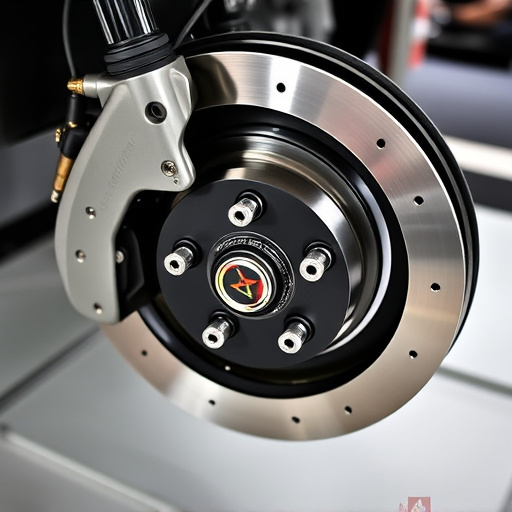
Engine tuning enhances vehicle performance by optimizing fuel injection, ignition timing, and air in…….

Engine tuning optimizes performance by balancing power output and fuel efficiency through precise ad…….
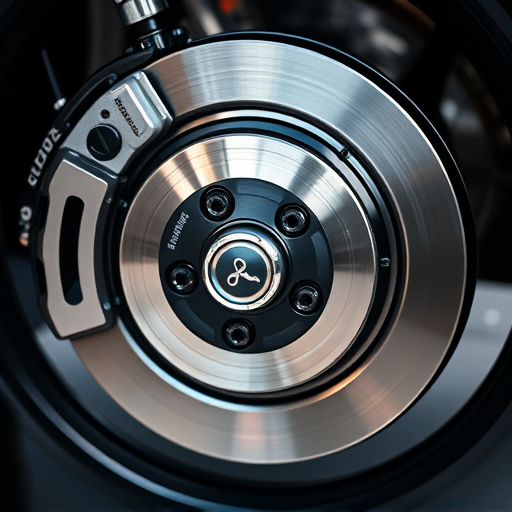
Engine tuning plays a pivotal role in maximizing the performance potential of E85 and high-octane fu…….
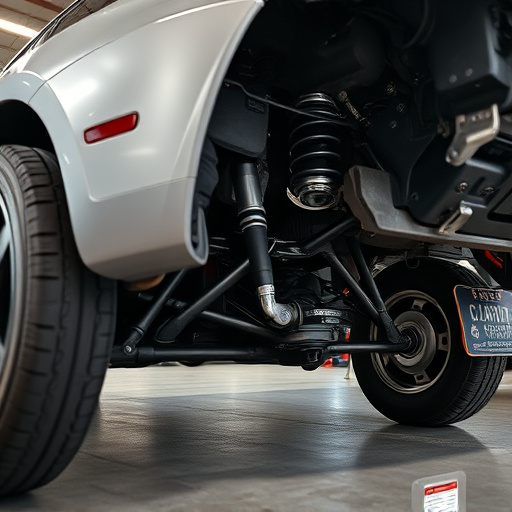
Engine tuning, particularly with forced induction systems, enhances performance through precise adju…….

Engine tuning is an art demanding precise optimization of engine components for enhanced performance…….
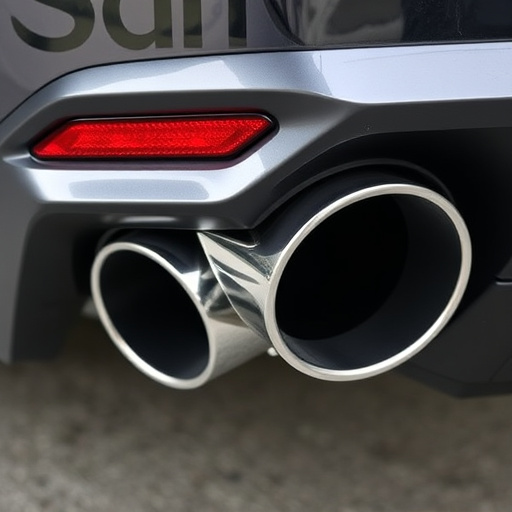
Engine tuning is a meticulous process that enhances vehicle performance by optimizing components lik…….
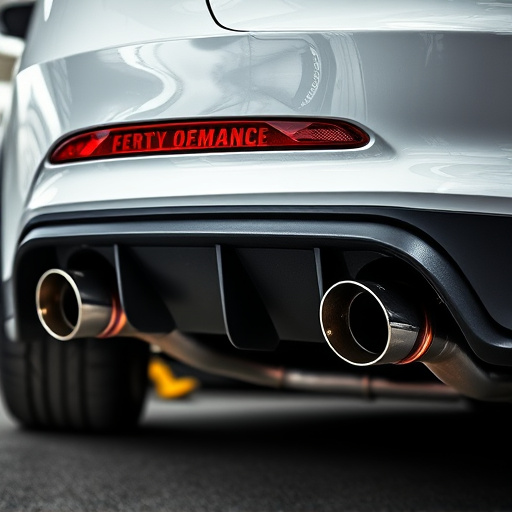
Engine tuning is a meticulous process optimizing performance in vehicles with upgraded injectors and…….